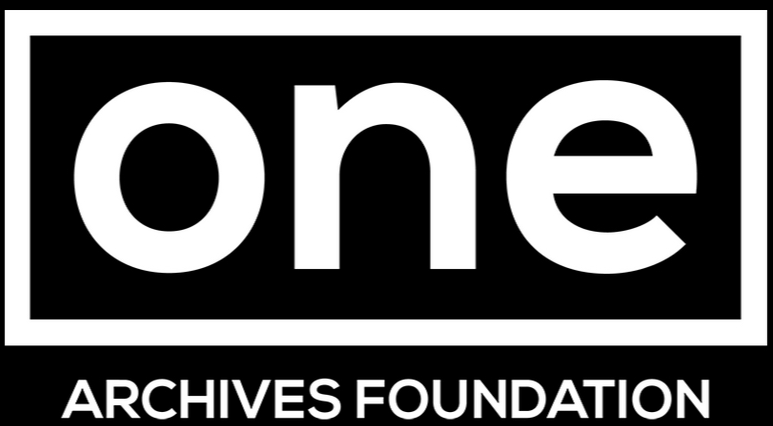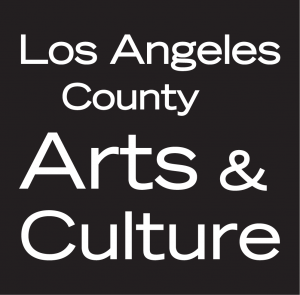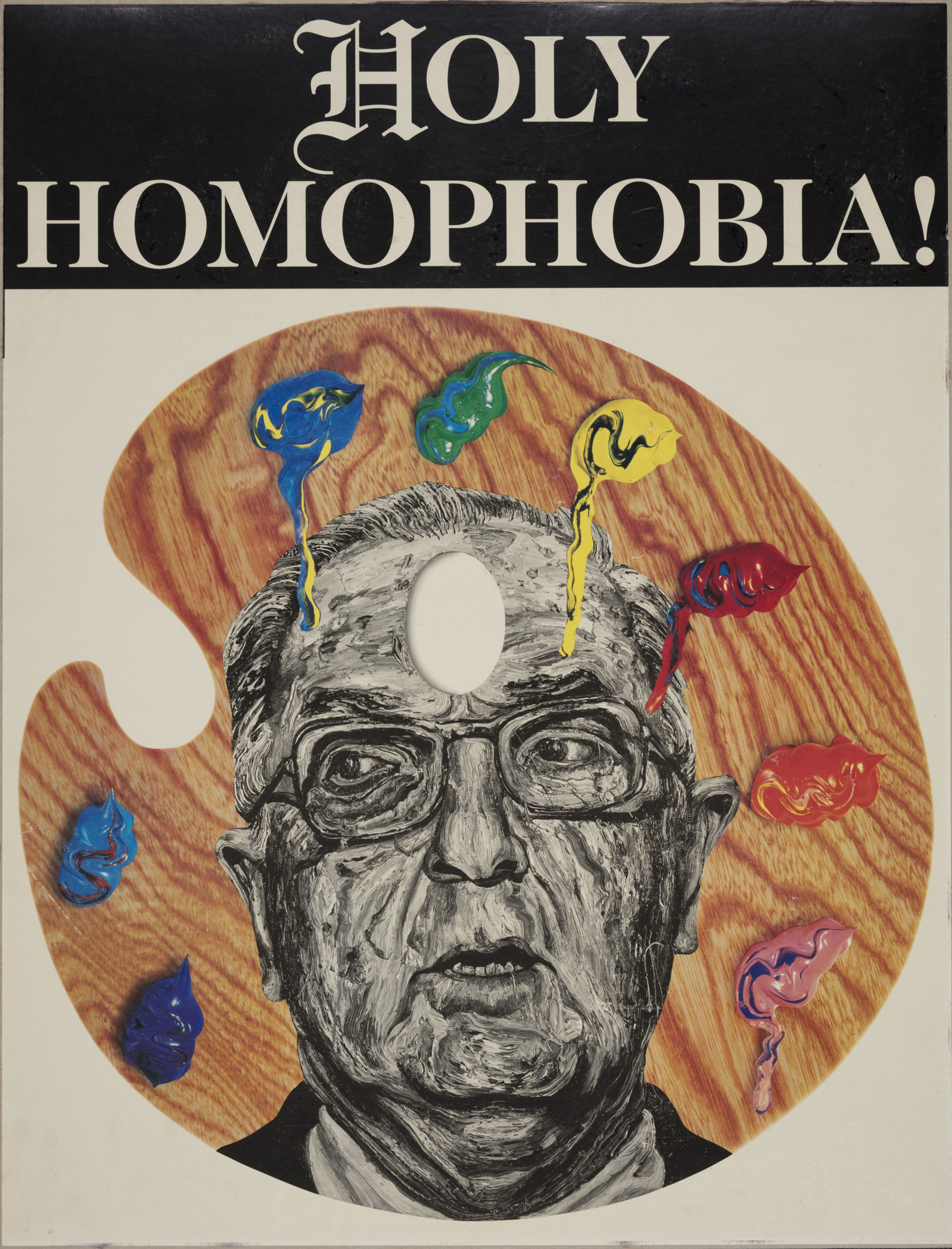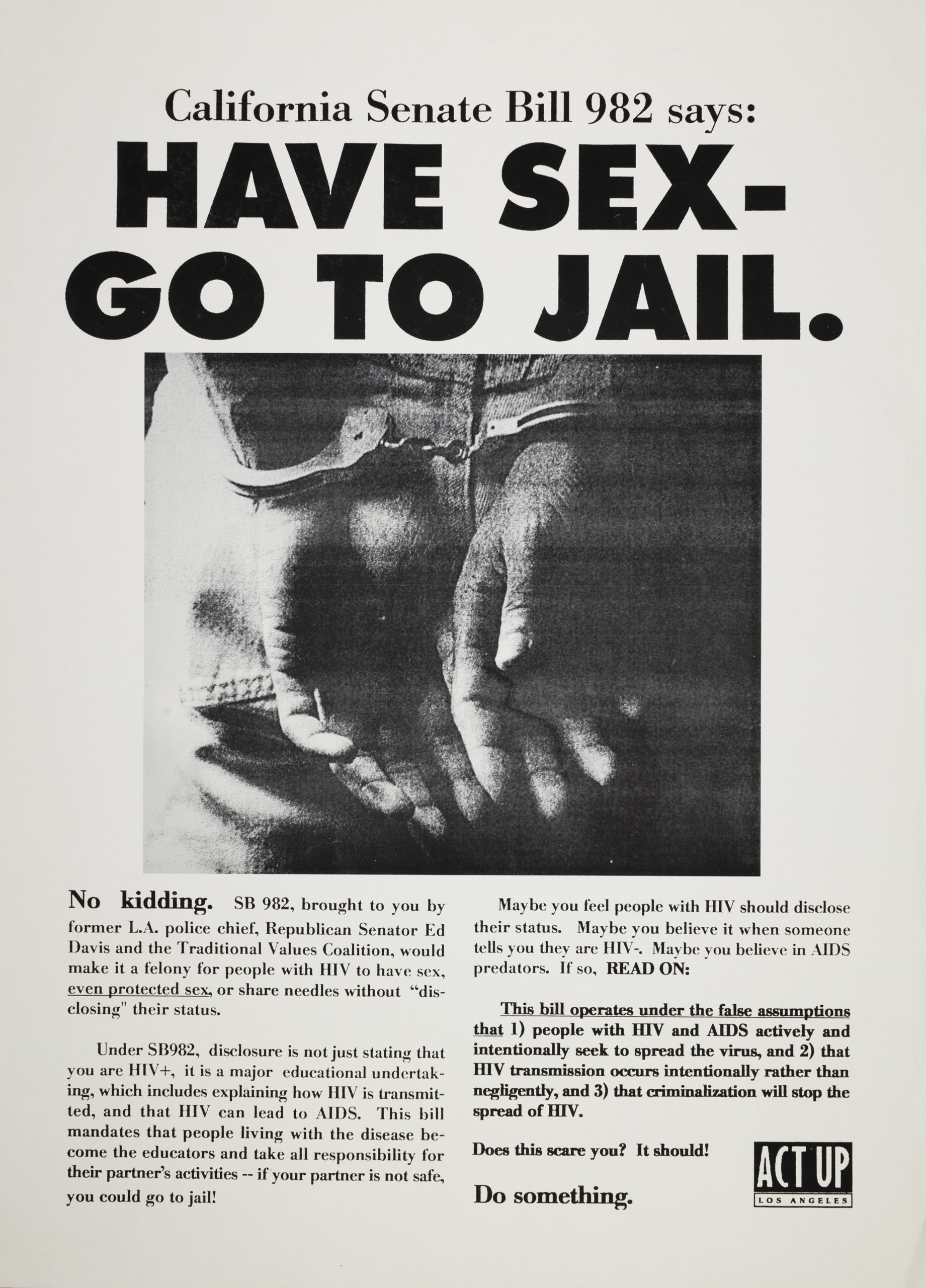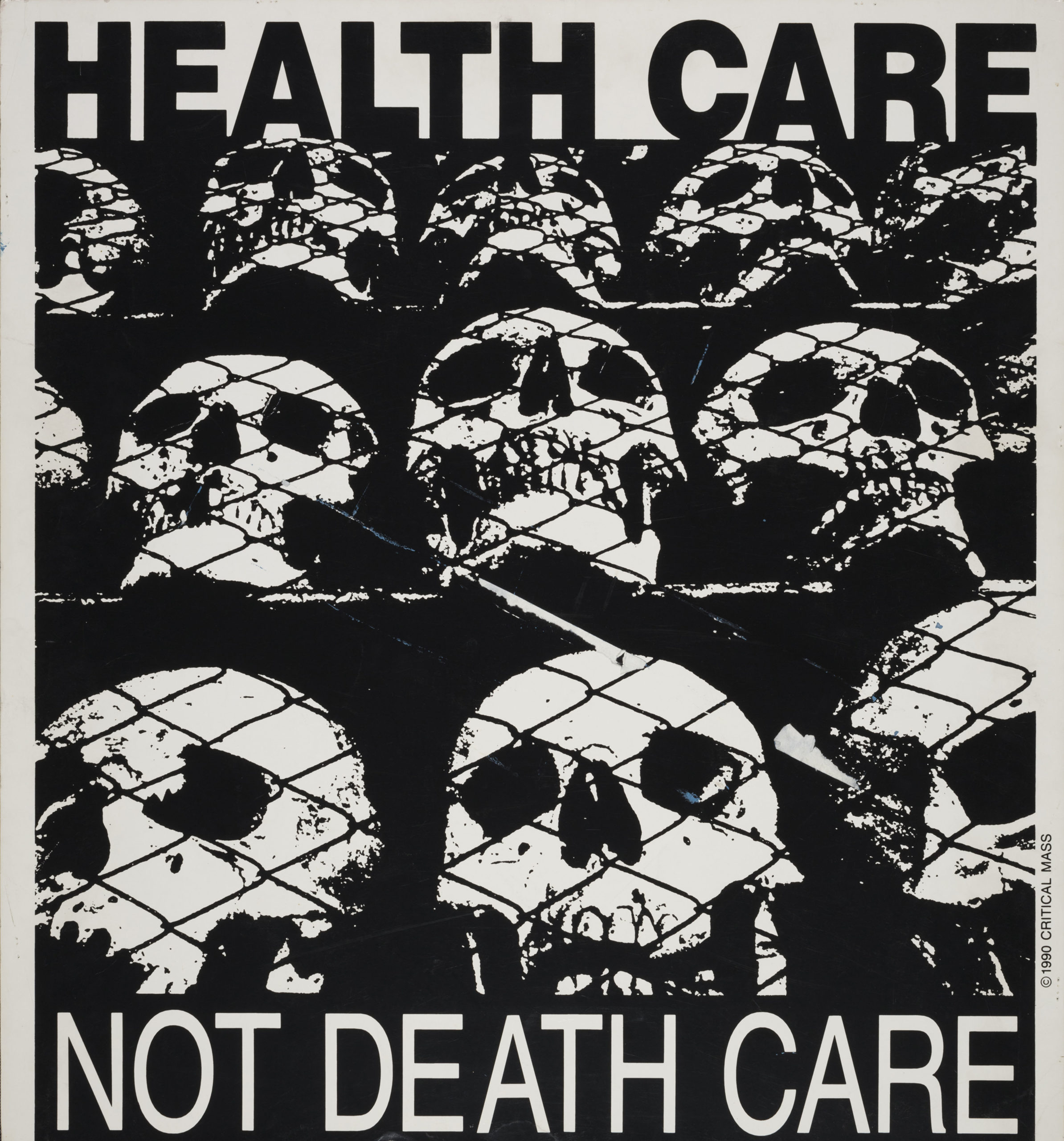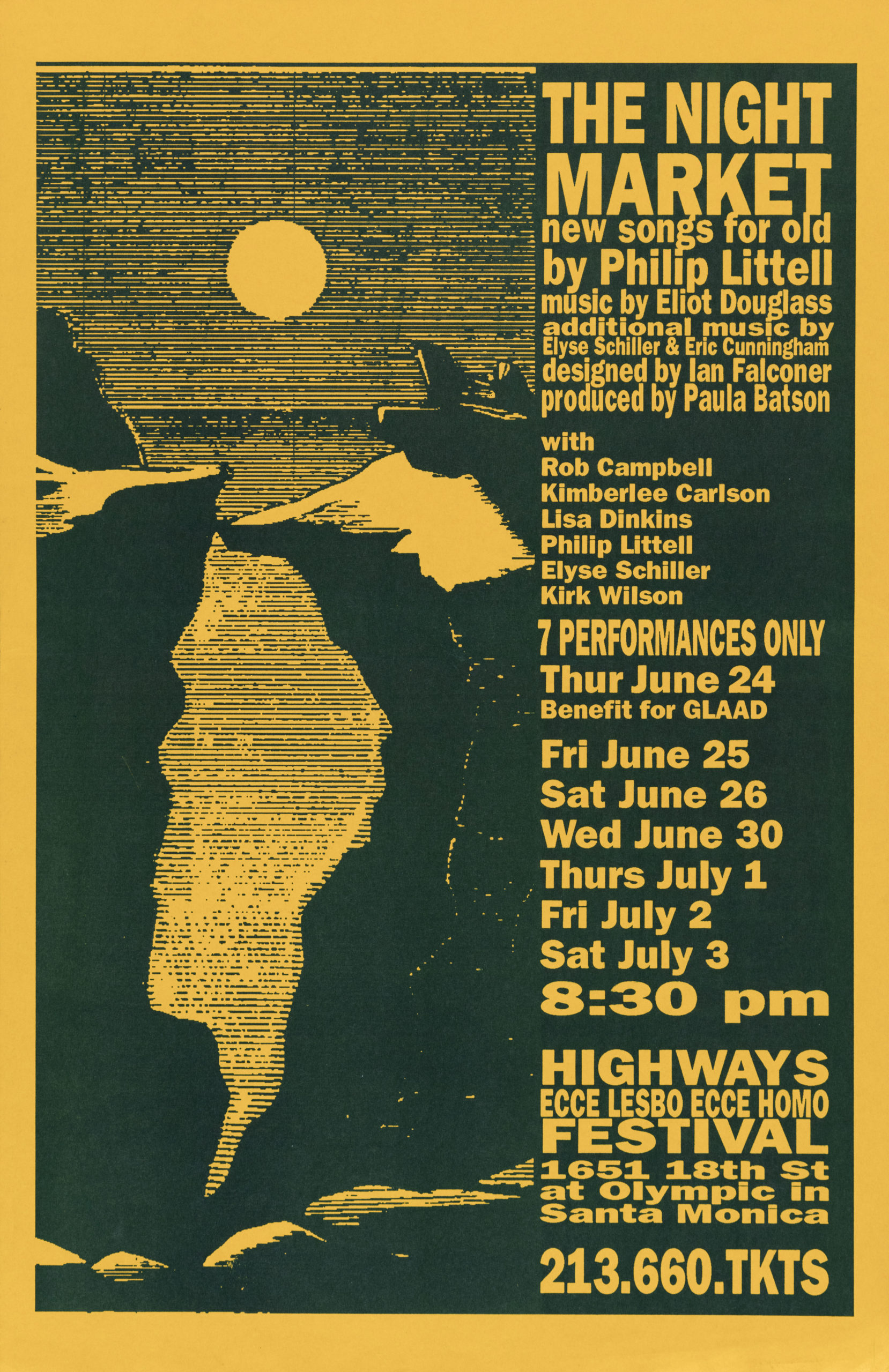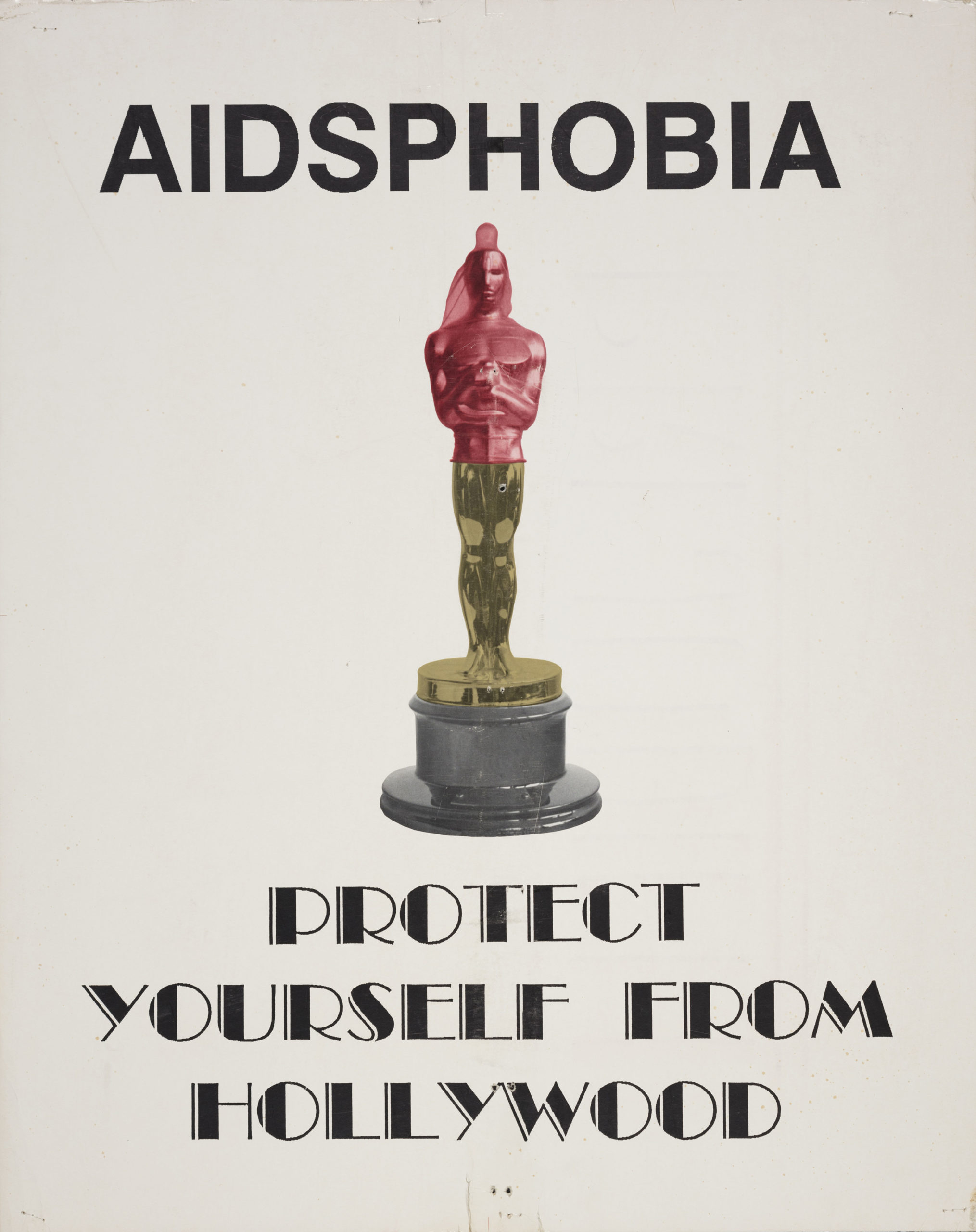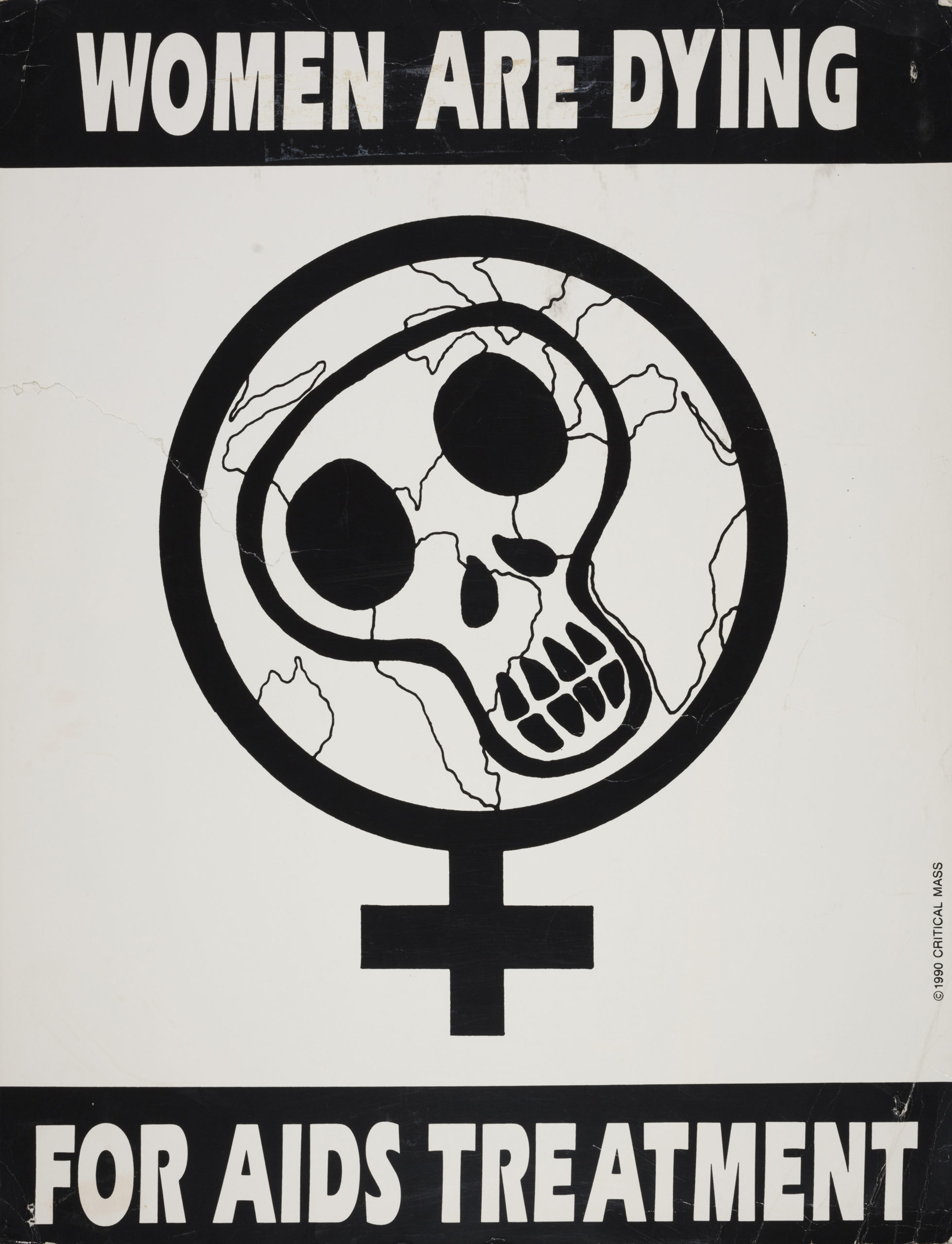Days of Rage is a web exhibition that enlivens historical activist posters from ONE Archives at the USC Libraries through tactile analysis and storytelling. Grounded in the experiences of activists and graphic designers Alan Bell, Daniel Hyo Kim, Chandi Moore, Silas Munro, Judy Ornelas Sisneros, and Jordan Peimer, the exhibition positions LGBTQ+ graphic design as embodied in community realities and histories, producing subjective reflections on the interdependence of design and activism. In assembling the exhibition, these community experts chose five posters from the recently digitized poster collection at ONE Archives at the USC Libraries. Over a sequence of stylized videos that emphasize the choreography of their hands, the invited experts reflect on their selections, allowing the posters to guide ruminations on design language, community responsiveness, erasure and history, and the affiliative force of activist politics. Their hands, voices, and memories serve as interpretive guides in transmitting knowledge, thereby queering the mode in which graphic design is displayed–which is so often static and wall-bound. From bold graphic declarations of community activation to explicit safer sex health campaigns, the posters discussed run the affective gamut, bringing up powerful feelings of rage, joy, and sorrow. Days of Rage privileges this associative and sometimes aleatory interpretation of design, and finds profound value in its capacity to serve as a roiling, continuous link to a shared sense of LGBTQ+ ancestry and struggle.
The exhibition is curated by Andy Campbell, Associate Professor Critical Studies at the Roski School of Design, University of Southern California (USC), and co-curated by Tracy Fenix and Austen Villacis, current students in Roski’s Curatorial Practices and the Public Sphere graduate program.
This project is organized by One Institute, made possible by a grant from Los Angeles County Department of Arts and Culture. The digitization of over 4200 posters in ONE’s collections was made possible by a grant from the Council on Library and Information Resources’ Digitizing Hidden Collections program.
